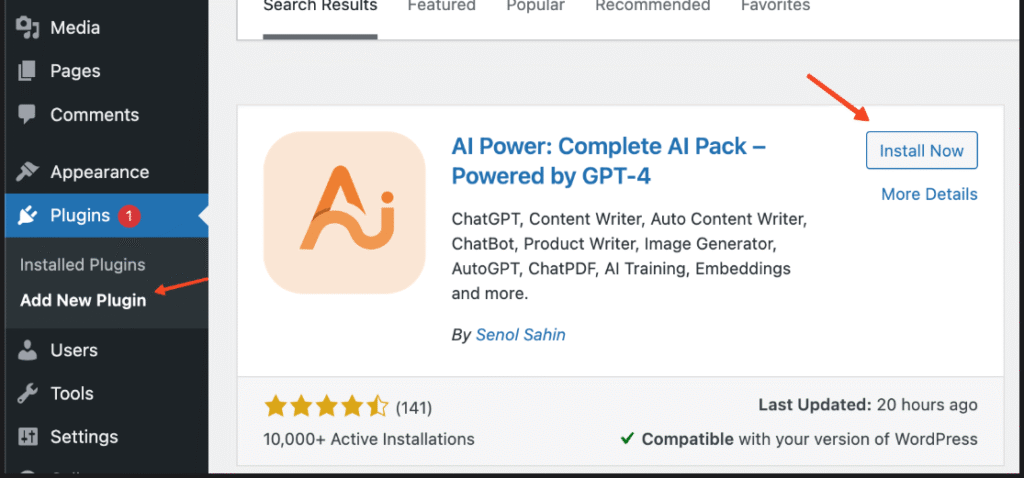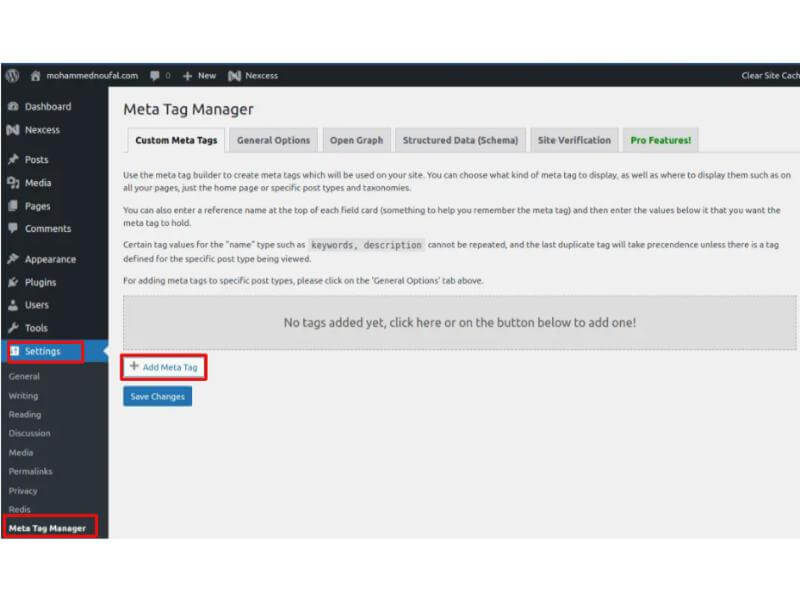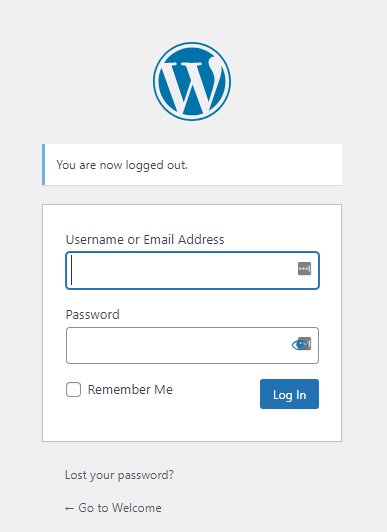The world of content creation is evolving at lightning speed, and if you’re managing a WordPress website, the pressure to consistently publish fresh, engaging content can be overwhelming. Fortunately, there’s a powerful solution on the rise: using AI to automate content creation in WordPress, helping you streamline your workflow and focus on what matters most.
In this beginner-friendly guide, we’ll walk you through how to use AI to automate content creation in WordPress, step by step. Whether you’re a blogger, business owner, or content manager, this tutorial will help you scale your content efforts using powerful AI tools—without sacrificing quality.
Let’s dive in.
Why Automate Content Creation in WordPress?
Content is king—but consistent, high-quality content can be time-consuming and costly to produce. That’s where content automation in WordPress comes in.
Here are just a few benefits:
- Save hours of writing and editing time
- Scale your blog or site faster
- Maintain a steady publishing schedule
- Keep your audience engaged with fresh content
- Boost your SEO performance through consistency

AI tools can help automate everything from blog writing and product descriptions to meta tagsIn WordPress, tags are a taxonomy used to classify and organize posts. They are similar to categories, but unl… More and image captions. And the best part? You can set it up right inside WordPress.
What is AI Content Creation in WordPress?
AI (Artificial Intelligence) content creation means using smart algorithms—like OpenAI’s GPT—to generate human-like text based on prompts or templates. In WordPress, this usually happens via AI content generation plugins that integrate directly with your site.
These tools can help you:
- Create entire blog postsA post is a type of content in WordPress, a popular open-source content management system used for creating an… More with a single prompt
- Generate outlines, intros, or product copy
- Automate SEO tasks like meta descriptions and keyword integration
By using AI for WordPress, you’re not replacing human creativity—you’re enhancing it.
Best AI Tools and Plugins for WordPress Content Automation
Before we start the tutorial, you’ll need to choose your tools. Here are some top-rated options for AI content automation in WordPress:
1. GPT AI Power
- Integrates with OpenAI’s GPT models
- Includes auto-posting, image generation, WooCommerce support
- Great for blog and product content automation
2. AI Engine (by Jordy Meow)
- Lightweight pluginA plugin is a software component that adds specific features and functionality to your WordPress website. Esse… More with customizable AI blocks
- Offers chatbot, writer, and content generator features
3. Bertha.ai
- User-friendly, visual content assistant
- Tailored for marketers, copywriters, and bloggers

4. Rank Math SEO + AI Tools
- Combines AI suggestions with SEO best practices
- Works well when paired with GPT-powered content generators
Most of these tools require an OpenAI API key, which you can get by signing up at platform.openai.com.
Step-by-Step: Automating Content Creation in WordPress Using AI
Now let’s get hands-on. Follow these steps to integrate and automate AI content in your WordPress site:
Step 1: Install Your AI Content Plugin
Let’s take GPT AI Power as our example.
- Go to your WordPress DashboardIn WordPress, the Dashboard is a central hub for managing a website’s content and settings. It is the first sc… More
- Navigate to Plugins > Add New
- Search for “GPT AI Power” and click Install
- Activate the plugin

Once installed, you’ll find the plugin settings under GPT AI Power in your sidebar.
Step 2: Connect to OpenAI
- Go to OpenAI’s API page
- Copy your API key
- In your plugin settings, paste the key where prompted
Now your WordPress site can generate content using OpenAI’s GPT models.
Step 3: Create AI-Generated Blog Posts
Most AI plugins allow you to generate content using prompts. Here’s how:
- In your dashboardIn WordPress, the Dashboard is a central hub for managing a website’s content and settings. It is the first sc… More, go to GPT AI Power > AI Writer
- Enter a topic, e.g., “Top WordPress SEO Tips for Beginners”
- Set parameters like tone, length, keywords
- Click Generate
You’ll receive a full blog draft in seconds.
Pro Tip: Use long-tail keywords like “how to optimize WordPress site for SEO” to improve your chances of ranking.
Step 4: Customize Content Templates
To speed up publishing, create reusable templates:
- Blog postA post is a type of content in WordPress, a popular open-source content management system used for creating an… More template (Intro, H2s, CTA)
- Product description format
- Service pageIn WordPress, a page is a content type that is used to create non-dynamic pages on a website. Pages are typica… More outline
In GPT AI Power, you can create presets for each content type and assign them to auto-generated posts.
Step 5: Schedule and Automate Publishing
Use plugins like:
- WP Scheduled Posts
- Editorial Calendar
- Jetpack Social (for auto-sharing)
Set AI to generate content drafts weekly, then queue them for review and publishing. This creates a hands-off content workflow with only light editing needed.
Step 6: Optimize with SEO Plugins
After generating content:
- Use RankMath or Yoast SEO to analyze keyword density, readability, and metadata.
- Edit title tags and meta descriptions (some AI plugins do this automatically)

- Add internal links to related posts
Bonus Tip: Target semantic and conversational keywords like:
- “How to use AI for blogging in WordPress”
- “Best AI tools for WordPress content automation”
- “WordPress content creation with GPT”
These have lower competition and higher conversion rates.
Best Practices for AI-Generated WordPress Content
While AI is powerful, don’t go full autopilot. Here are some tips to keep your content high-quality:
- Always review: AI-generated content before publishing
- Add human touches like anecdotes, expert quotes, or opinions
- Use AI as a first draft, not a final product
- Watch for duplication and update older AI content
- Optimize for your readers, not just search engines
Remember: Google rewards helpful, people-first content.
Challenges You Might Face (and How to Fix Them)
1. Robotic or Generic Writing
- Solution: Use detailed prompts and specific keywords
- Add your voice or brand tone manually
2. Thin Content or SEO Gaps
- Solution: Expand with relevant H2s and internal links
- Use Rank Math or Yoast for optimization
3. API Costs
- Solution: Monitor usage in OpenAI dashboard
- Use lower-cost models (e.g., GPT-3.5) for bulk content
Real-World Examples of AI + WordPress in Action
✅ Small Business Blog
- Uses GPT AI Power to create weekly SEO blogs
- Gets 3x more traffic with less than half the effort
✅ Affiliate Marketing Site
- AI auto-generates product roundups
- Editor just updates product links and CTAs
✅ News Aggregator
- Pulls in news topics daily
- AI summarizes into digestible blog posts
These cases show how AI for WordPress isn’t just a trend—it’s a productivity revolution.
Is AI the Future of WordPress Content Creation?
In short—yes, but with balance.
AI won’t replace human creativity, but it will streamline how content gets planned, written, and published. If you’re a solo creator or part of a lean marketing team, AI can become your most efficient team member.
And as AI technology evolves, WordPress will continue to lead the way in making content automation accessible to everyone.
Try It Yourself: Use AI to Automate Content Creation Today
Ready to scale your WordPress site without burning out? Start by:
- Installing an AI plugin like GPT AI Power or AI Engine
- Connecting to OpenAI
- Creating your first AI-generated blog post
- Publishing smarter, not harder
Have questions or want to share your experience with AI in WordPress? Drop a comment below—we’d love to hear from you!
Take Your WordPress Site to the Next Level
If you’re already exploring how to use AI to automate content creation in WordPress, why stop there?
Imagine pairing that automation with lightning-fast performance, bulletproof security, and done-for-you updates—so you can focus on growing your site, not maintaining it.
👉 If you’re looking for fast WordPress hosting as well as done-for-you updates, check out our hosting packages by clicking the button below:





